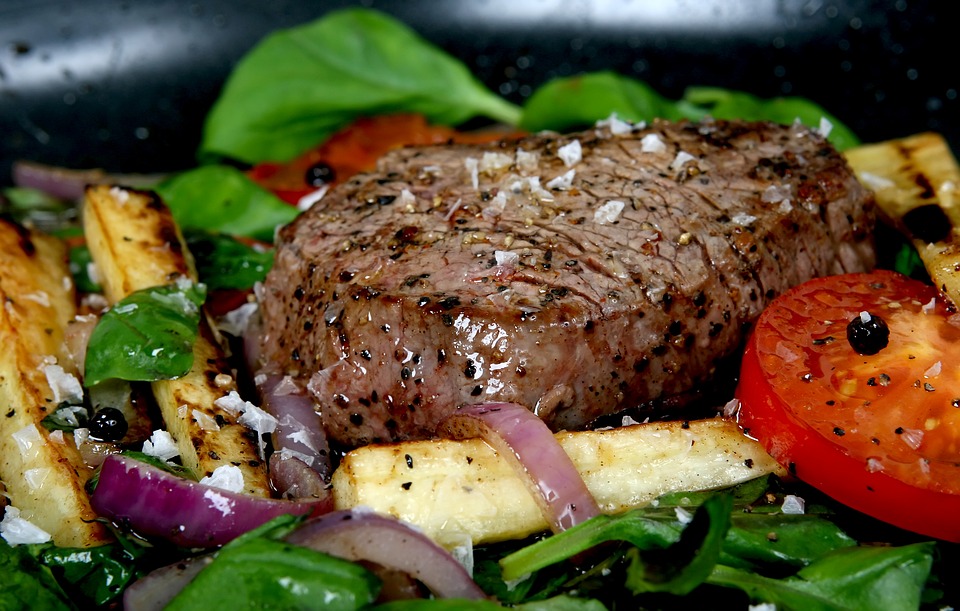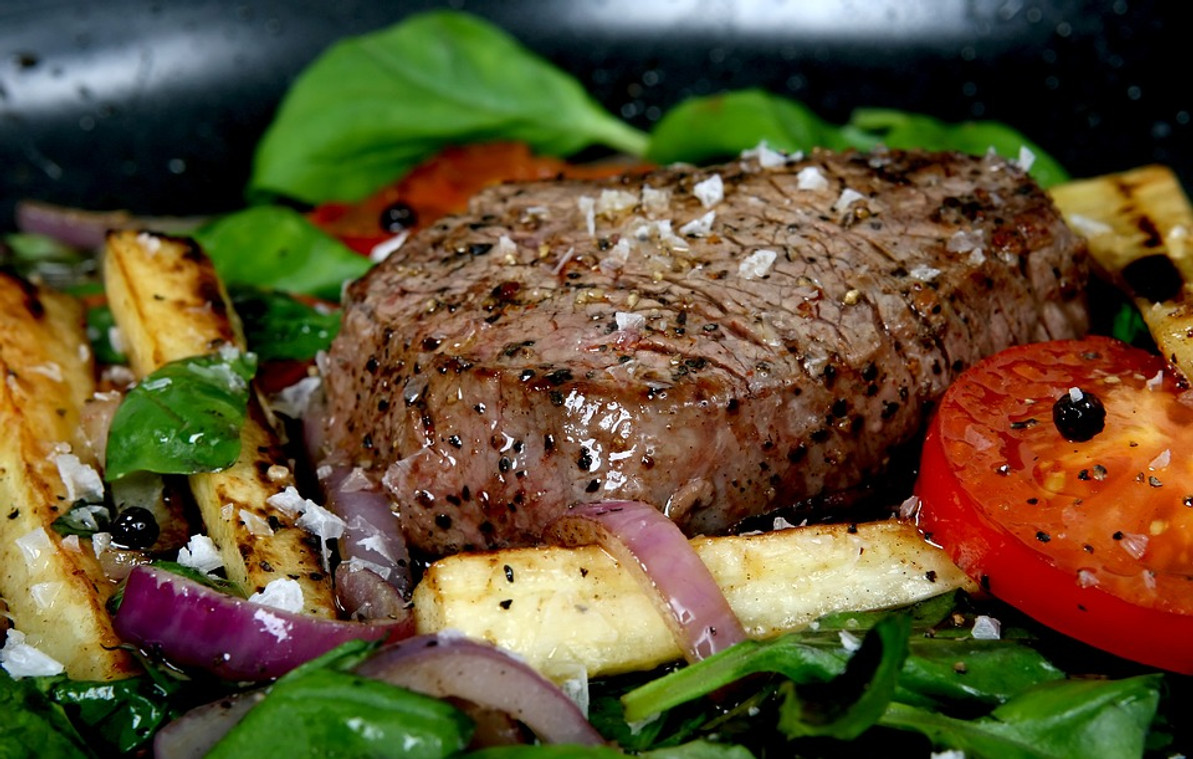Study Links Protein-Rich Diets to Lower Risk of Alzheimer's

A new study has found that high-protein diets can lower the risk of Alzheimer's disease. Affecting roughly 6% of all men and women over 65 years of age, this chronic neurological condition accounts for 60% to 70% of all dementia cases. Alzheimer's is characterized by symptoms such as disorientation, confusion, loss of memory and behavioral issues. It's a degenerative condition that typically becomes worse with age.
While there's no cure for Alzheimer's, increasing your intake of protein may help to curb this disease. For the study, researchers from the Edith Cowan University in Australia analyzed the diets of 541 men and women, paying close attention to their consumption of protein as well as their rates of Alzheimer's. Participants were placed into one of three groups based on how much protein they consumed. Participants in the group that consumed the most protein (118 grams per day) had lower levels of amyloid beta than their counterparts in the other two groups.
So, what does this mean exactly? Researchers say that high levels of amyloid beta are closely linked dementia. In fact amyloid beta is often dubbed a precursor to Alzheimer's disease.
"The research clearly demonstrates that the more protein eaten the lower the chances someone has of having a high Aβ burden on the brain, which corresponds to a lower risk of developing Alzheimer’s in the future,” says lead researcher Dr Binosha Fernando.
There's also the belief that a high-protein diet protects against high blood pressure, which could also stave off Alzheimer's. Statistics show that roughly one in three U.S. adults have high blood pressure. Unfortunately, this means some 75 million Americans suffer from this condition, increasing their risk of heart disease, stroke and potentially even Alzhemier's disease.
The bottom line is that protein is an essential part of a healthy diet. Therefore, you should reevaluate your diet to ensure it contains enough of this vital nutrient. Lean meats like chicken and fish are arguably the best sources of protein. Not only do they contain substantial levels of protein, but they are also low in saturated fat. In addition to lean meats, other protein-rich foods include nuts, soy, cheese and milk.
When increasing your protein intake, it's important to drink plenty of water. Water helps the body digest protein so that it can take full advantage of this key nutrient. A good rule of thumb is to drink eight 8-ounce glasses of water per day.
This study was published in the Journal of Alzheimer's Disease.
Recent Posts
-
Fire Safety in the Workplace: What You Need to Know
What steps are you taking to prevent fires in your workplace? According to the U.S. Occupational Saf …Aug 23rd 2023 -
Is It Safe to Go Jogging With a Cold Infection?
If you're suffering from a cold infection, you might be wondering whether it's safe to go jogging. T …Aug 22nd 2023 -
5 Safety Tips to Follow When Using a Powder-Actuated Tool
Powder-actuated tools are commonly used to join materials to steel and concrete. Also known as Hilti …Aug 20th 2023




